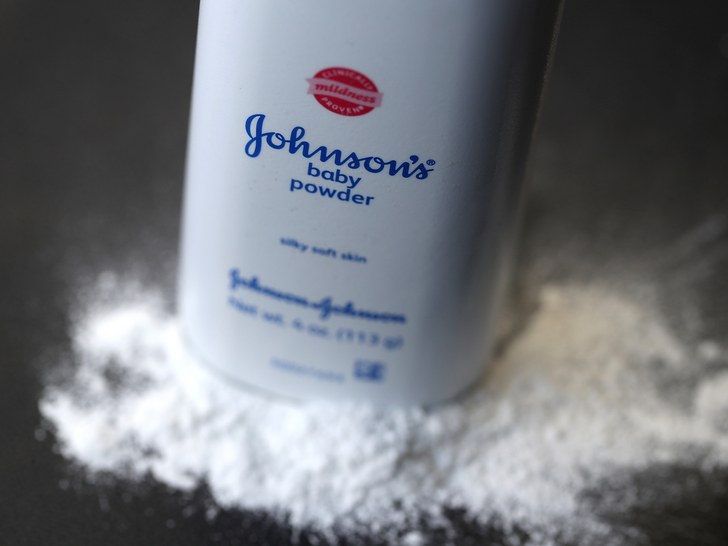Talc, a mineral used in a variety of consumer products, has been linked to ovarian cancer in recent years, leading to significant controversy surrounding its use, particularly in products like talcum powder. While talc has long been marketed as safe for use in personal care products, research has increasingly suggested that long-term exposure to talc, especially when applied to the genital area, may increase the risk of ovarian cancer. Numerous lawsuits have been filed against talc manufacturers, with plaintiffs alleging that the companies failed to warn consumers about the potential risks of using their products.
If you’ve been injured by a dangerous or defective product, the legal team at Shapiro, Washburn & Sharp can evaluate your case to determine what legal recourse you may have. We can assess your claim and guide you through the legal process to ensure you receive the compensation you deserve. Call us today at 833-997-1774 for a free consultation.
Did Talc Manufacturers Fail to Warn Consumers About the Risk of Ovarian Cancer?
Yes, many lawsuits have alleged that talc manufacturers failed to adequately warn consumers about the potential link between talcum powder use and ovarian cancer. Plaintiffs argue that the companies were aware of scientific studies suggesting a connection between talc and ovarian cancer but chose not to warn consumers. In some cases, documents from the manufacturers showed that they were aware of the risks but continued to market their products without including warnings. This has led to accusations of negligence and the assertion that the companies put profits over consumer safety by not adequately informing the public of the risks associated with talc-based products.
What Evidence Links Talc to Ovarian Cancer?
The link between talc and ovarian cancer has been the subject of numerous studies over the years. Some research has suggested that long-term use of talcum powder, particularly when applied to the genital area, may increase the risk of ovarian cancer. Talc particles can potentially travel through the reproductive tract, causing inflammation, which may contribute to the development of cancer. While some studies have shown a correlation between talc use and ovarian cancer, the evidence is not conclusive, and other studies have found no significant link. Despite the mixed evidence, the U.S. National Toxicology Program has classified talc as “not classifiable as to its carcinogenicity to humans” when it is free from asbestos, the substance most directly linked to cancer. Nevertheless, concerns over talc’s safety have persisted, and some manufacturers have been sued for not taking appropriate precautions or warnings.
What Legal Action Have Consumers Taken Against Talc Manufacturers?
Consumers who have been diagnosed with ovarian cancer after using talcum powder have filed lawsuits against talc manufacturers, claiming that the companies failed to warn them of the risks. In many cases, these lawsuits argue that the manufacturers were aware of studies linking talc to cancer but chose not to inform the public or include warning labels on their products.
These lawsuits have led to several high-profile cases in which juries awarded significant damages to plaintiffs, including punitive damages. In some instances, the companies involved have faced multi-million-dollar verdicts.
These cases have resulted in some talc manufacturers revising their marketing strategies or labeling their products with warnings, though they continue to deny that their products cause cancer.
How Have Talc Manufacturers Responded to Allegations of Failing to Warn Consumers?
Talc manufacturers have generally denied the allegations that their products cause ovarian cancer and have defended themselves by stating that their products are safe when used as directed. Some manufacturers argue that the studies linking talc to ovarian cancer are inconclusive and that their products meet all safety standards set by regulatory agencies like the U.S. Food and Drug Administration (FDA).
In response to lawsuits, some companies have chosen to settle cases out of court, while others have contested the claims, asserting that the evidence does not support a causal relationship between talc use and ovarian cancer. Despite the ongoing litigation, the manufacturers continue to maintain that their products are safe and that any risks associated with their use are minimal.
Have You Been Exposed?
At Shapiro, Washburn & Sharp, we have decades of experience handling personal injury claims involving dangerous and defective products. We understand how to navigate the legal process and work with you to maximize the value of your case. Call us at 833-997-1774 to schedule a free consultation, and let us help you get the compensation you deserve.
